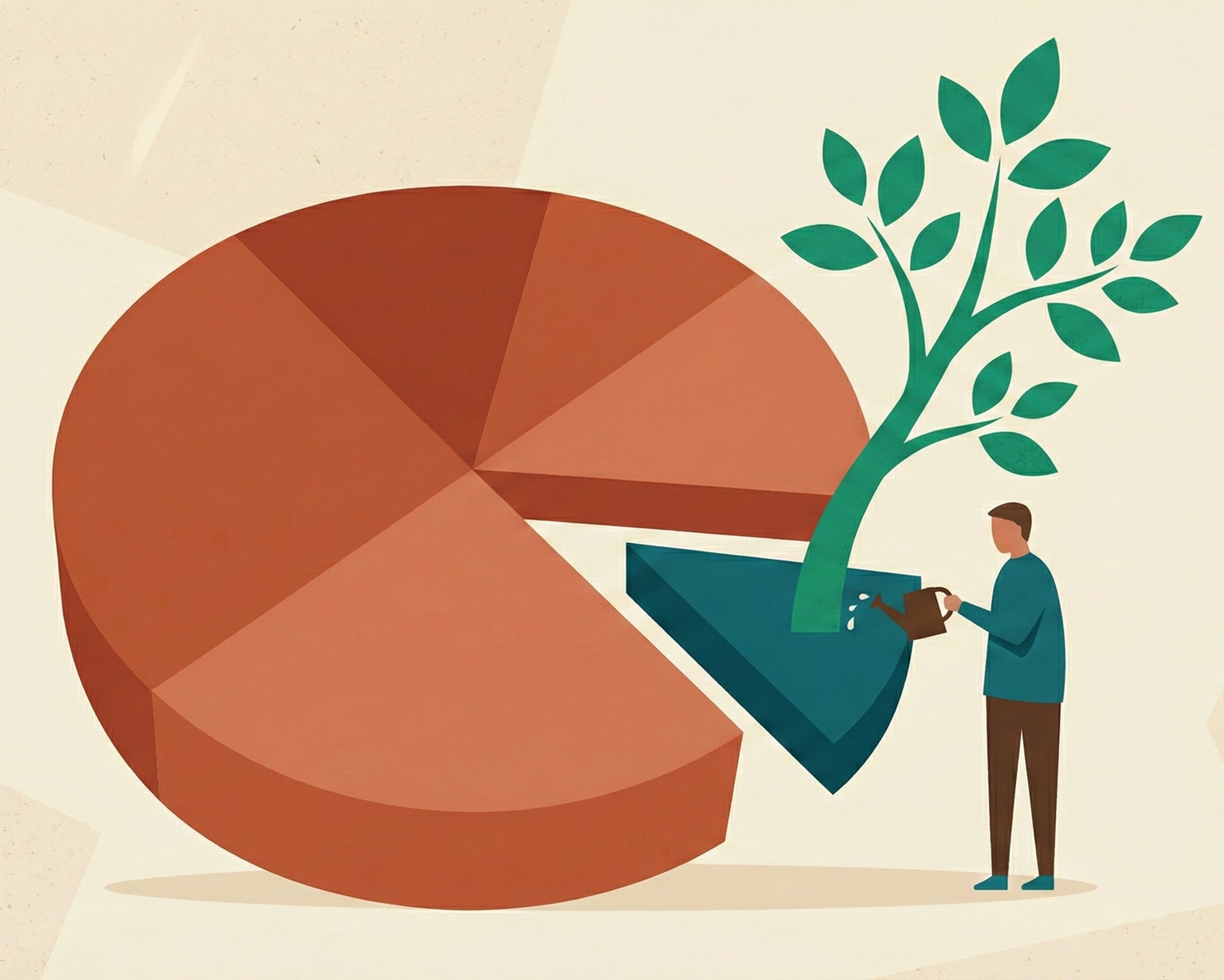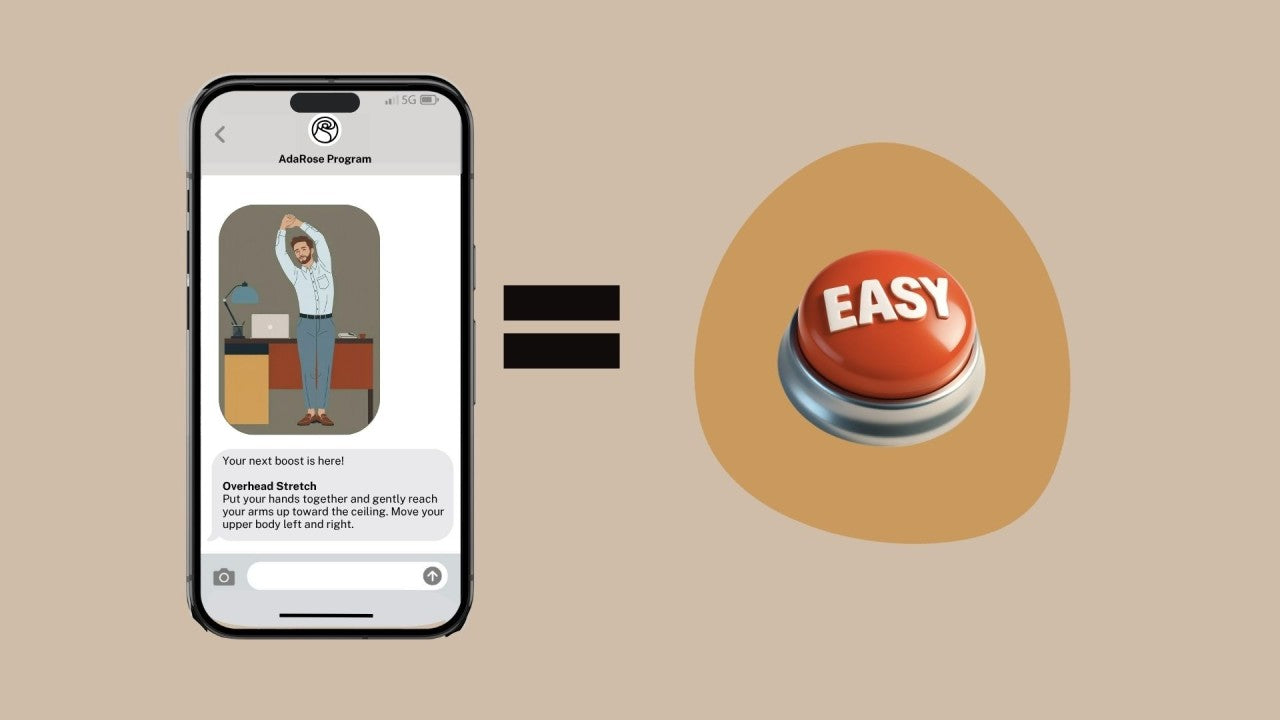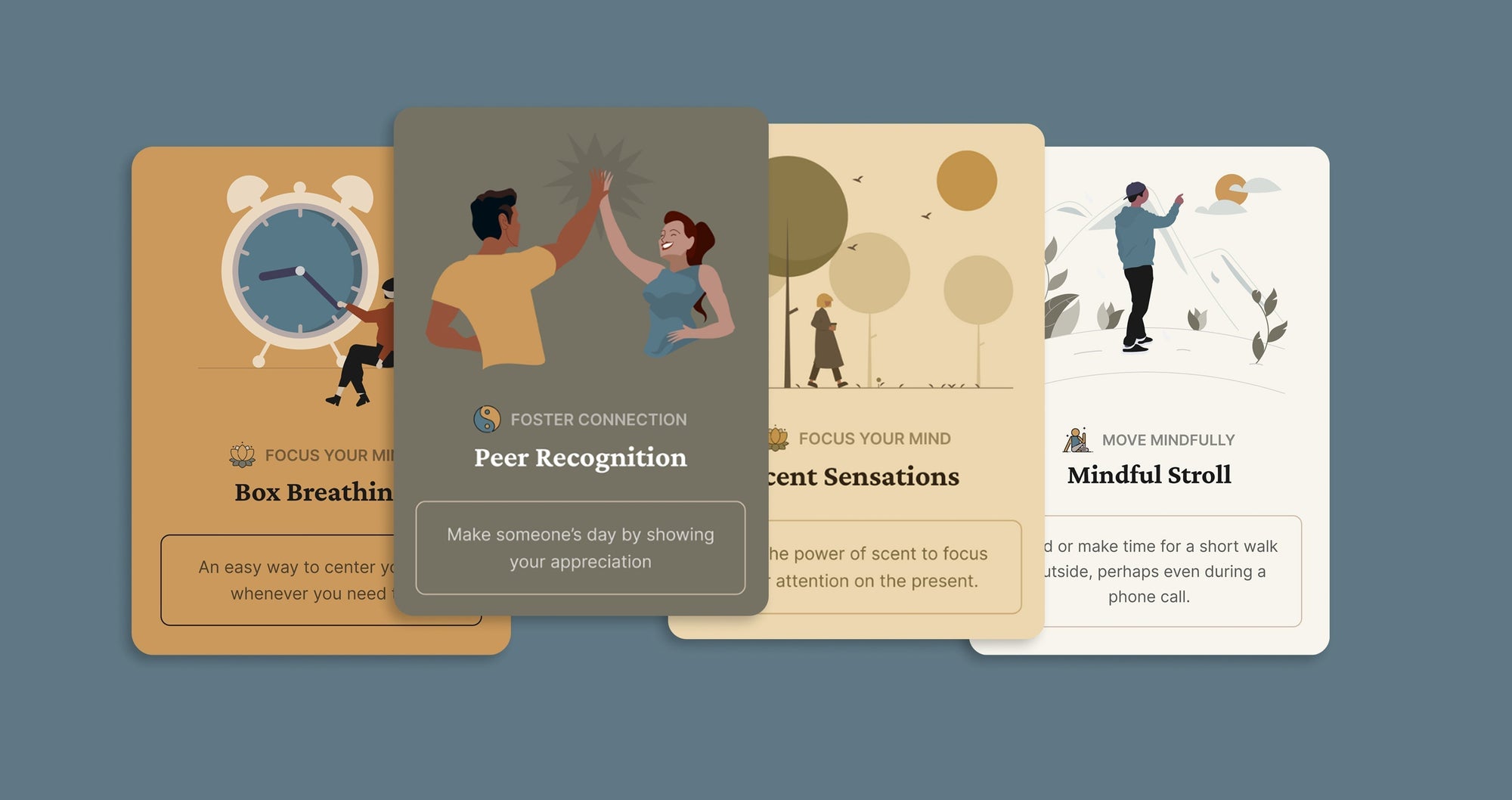If you live in the Northern Hemisphere, the end of June marks a special time of the year. What's the meaning of June 21st? It's the "longest" day of the year, meaning the day with the most hours of light and the least hours of darkness.
This day is also called the "summer solstice," and it represents a time to celebrate the "light of life." Historically, the summer has represented many positive things to look forward to. For example, this warmest and brightest season of the year is said to symbolize: strength, freedom, adventure, joy, happiness, friendship, and self-development.
Ready to soak in the season, starting by having a happy summer solstice? Let's look at how to do just that.
What's the Meaning of a "Happy Summer Solstice"?
The summer solstice occurs when one of Earth's poles reaches its maximum tilt toward the Sun, allowing the most direct sunlight to reach Earth. This actually happens twice per year, but only once in each hemisphere.
Those living in the Southern Hemisphere experience their summer solstice around December 21st each year. This is also the "shortest" day of the year in the Northern Hemisphere.
This year in 2024, technically, the summer solstice will take place in the Northern Hemisphere at 4:51 PM EST on June 20th. This special time marks the beginning of summer, which lasts until the September equinox (also called the autumnal equinox) on September 21st.
According to the Farmer's Almanac, the word “solstice” comes from the Latin word solstitium, which means "sun stopped" (sol means sun, while stitium means still). The Earth doesn't actually stop on this day, as it travels around the Sun 365 days of the year. Still, the sun appears to be the highest in the sky at this time, before gradually falling and then repeating the cycle.
Why Do People Wish Each Other a "Happy Summer Solstice"?
Before people had air conditioning, green houses, and other ways to control the climate throughout the year, the weather and amount of sunlight had a huge impact on people's quality of life.
The summer solstice has long been associated with prosperity, reward, bounty, and other positive attributes.
Here's an example: there's a close tie between the summer solstice and what's called "midsummer," which is the midpoint of the growing season, or halfway between the time when crops were planted and harvested.
Traditionally, midsummer was celebrated with all sorts of festivals and rituals used to show gratitude for the summer and the local harvest.
Sunlight itself has also been celebrated for centuries due to its naturally uplifting effects. Research today backs up what we've long known about sunlight exposure: connecting with nature, including by spending time in the sun, helps us feel happier and healthier. This is due to sunlight's effects on our immune system, hormone production, and more.
How to Boost Your Mood at the Start of Summer
1. Expose yourself to light early in the morning
Summer is the perfect time of the year to cultivate a more mindful morning routine. Throughout the summer, the sun rises earlier in the morning and stays bright for longer. Even if you're not usually an early riser, there are many reasons to get up and outside during summer mornings, particularly because light helps to regulate your circadian rhythm which functions like your "internal clock."
Even just 10 minutes of morning sun hitting your eyes and skin can signal to your brain and body that it's time to focus and be productive. This has benefits for your mood, mindset, and even your metabolism, since it shifts your body into an energy-burning mode.
2. Embark on a new adventure somewhere you've never been
If you feel more open-minded and energetic during the summer, use it to your advantage by traveling somewhere new. You don't have to take a long flight to experience something meaningful or moving—try a road trip to somewhere you can connect with nature, ride a train to a new city, or take a ferry adventure. Bonus: you can even experience health benefits from simply planning your next vacation through anticipation.
No matter where you choose to travel this summer, consider making it a novel destination. Novelty and adventure actually cause reactions in the brain that release a good dose of dopamine, giving us a sense of reward, accomplishment, and happiness.
3. Spend more time with friends
Find ways to pour energy into your relationships this season, whether it's inviting friends along for a trip, cooking for neighbors or extended family, or joining a new club or team in your community. Friendship and social connection are key ingredients when it comes to bringing more play and self care into your life.
Putting energy into friendships has been shown to boost mental health in many ways, to the extent that it can even ward off diseases and promote longevity! Spending time with optimistic, happy people is even more powerful at lifting your mood, so choose your friends wisely.
4. Move your body everyday, ideally outdoors
There's nothing quite like exercise for getting your blood pumping and your mind cleared.
If you're a regular gym goer throughout the year, consider working out outdoors instead this summer for even more health perks. These include support in warding off anxiety thanks to the natural release of endorphins, plus higher synthesis of vitamin D, which supports immune function, bone health, and more.
While 30 to 60 minutes of exercise each day is the gold standard, even short bursts (such as 10 minutes) of outdoor physical activity can have big payoffs. Some ideas for summer self care via movement include: take a morning walk around your block, bike ride after dinner, or enjoy "walking meetings" outside with your coworkers.
Regardless of what type of outdoor exercise you pick, remember to always make wearing sunscreen a part of your summer skin care routine!
5. Pick a self-development project
Imagine the extra time you'd have to work on improving yourself if you woke up just one hour earlier each day.
Wherever you can squeeze in 20+ minutes for self care over the summer, try activities like journaling, reading something new or inspirational, starting a meditation or yoga practice, or other challenging projects like gardening, learning an instrument, or cooking a sustainable meal that's good for your body and the planet.
Studies show that personal development is often tied to overall happiness. When you feel fulfilled and proud of your progress, you're more likely to generally be more confident and self-assured. This tends to create an "upward spiral" in which you build resilience and keep improving upon yourself.





